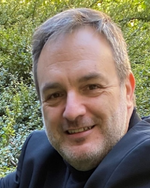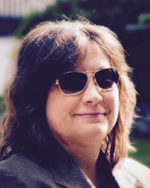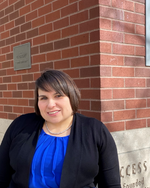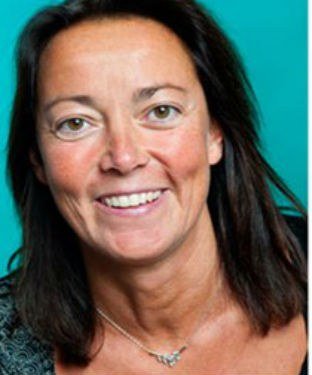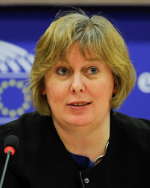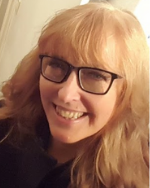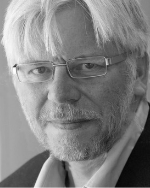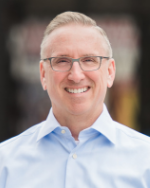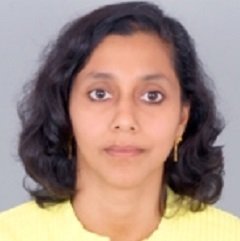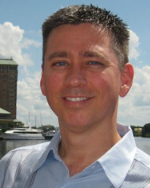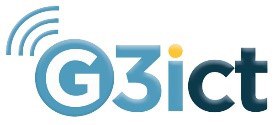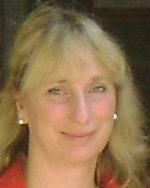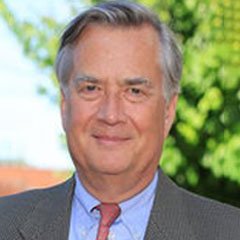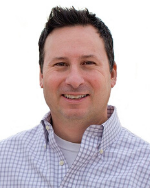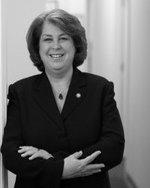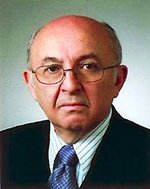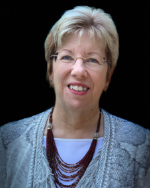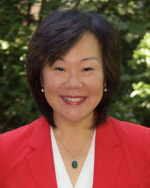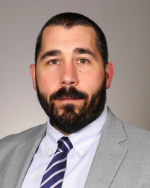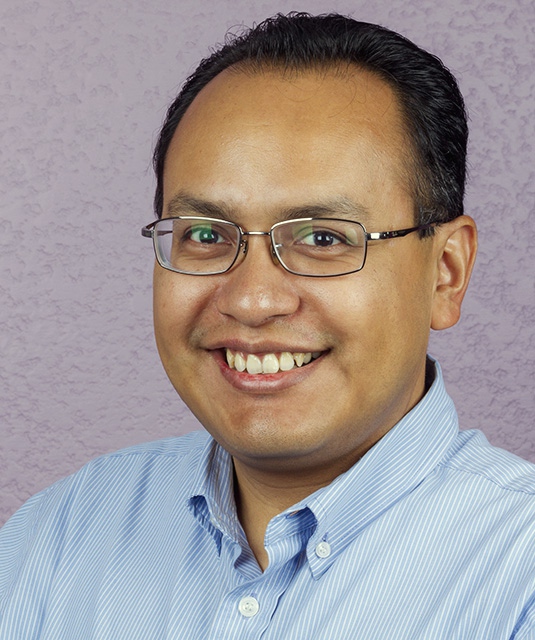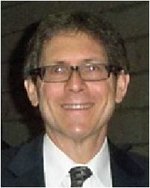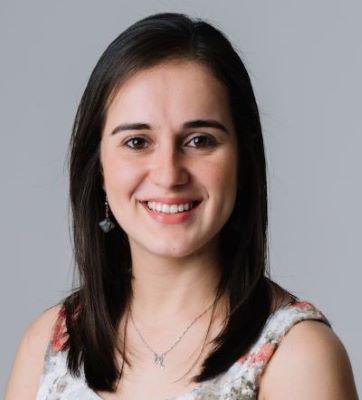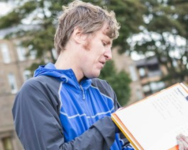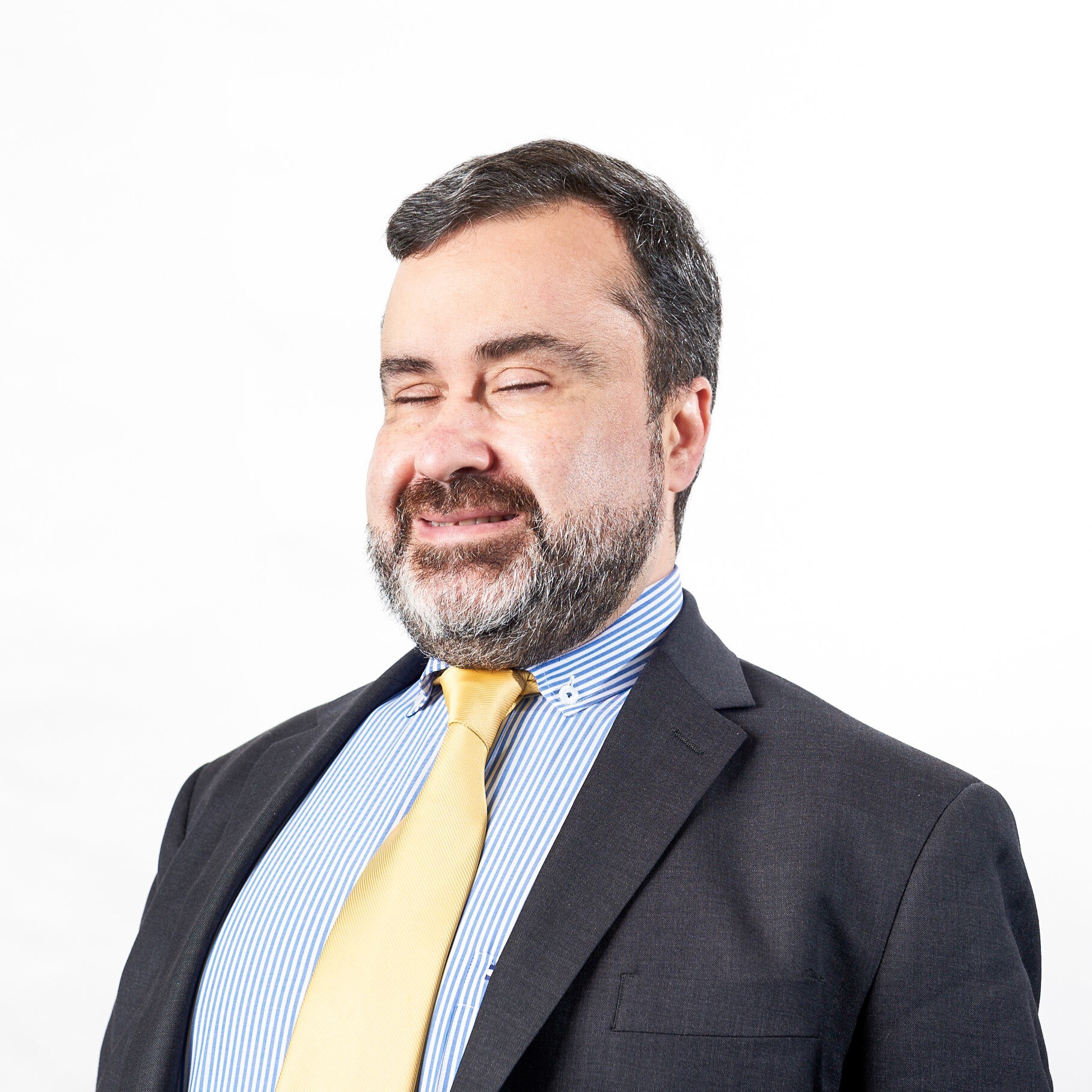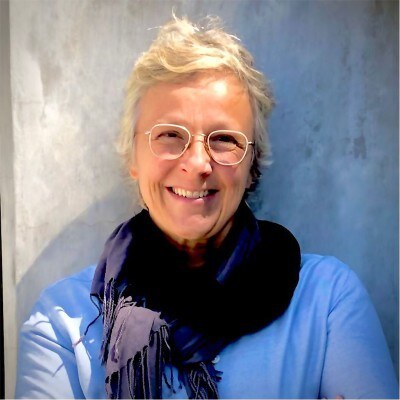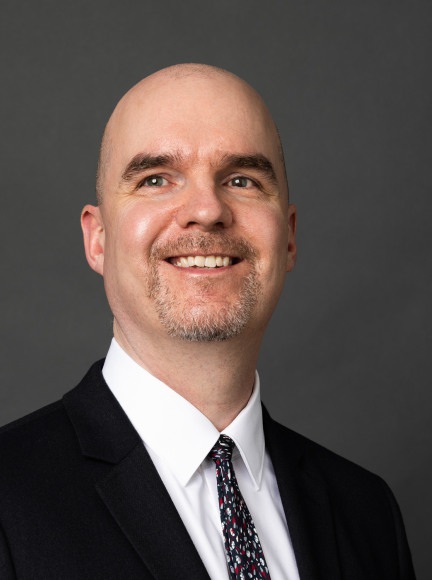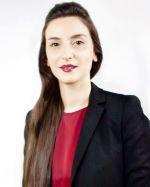Fog City San Francisco Set to Transform into City in the Cloud?
Posted on August 05, 2013
San Francisco's public spaces are set to transform into hotspots of connectivity with Google’s generous endowment to bring WiFi to the parks and plazas of Fog City.
As many as 31 city parks in San Francisco are set to transform into hotspots of connectivity with tech giant Google’s $600,000 grant to bring free public wireless Internet to parks, plazas and recreation centers across the Californian city. The endowment is earmarked to cover the costs of equipment, installation and maintenance of wireless capabilities for two years to be taken care of by the San Francisco Citizens Initiative for Technology and Innovation in cooperation with the San Francisco Department of Technology. Patrons of Mission Dolores Park, visitors of Civic Center Plaza, as well as recreation centers in the Excelsior, the Tenderloin, Noe Valley, the Richmond, and several other locations will have access to the Web.

Life 2.0 is a virtual reality with particular significance for the more than half a million residents in the city and county of San Francisco that live with one or more disabilities. The beta test for equal opportunity was the Americans with Disabilities Act. In the words of U.S. Equal Employment Opportunity Commission Chair Jacqueline A. Berrien, it “threw open the doors to public life in all its complexity.”
The disability community in San Francisco relies on personal assistance services. Mobile applications such as Meridian, cloud capabilities similar to those provided in the 49ers new Levi’s Stadium, integrated smartphone tools like Siri, and the ubiquitous computing capabilities of Google Glass will bring flexibility to the often uncompromising and unforgiving barriers that impede so many from the same experiences that our non-disabled peers share. As San Francisco steadily elevates its status from “fog city” to “city in the cloud,” we can expect persons with disabilities to experience broader horizons that were out of reach only yesterday. In the end, our lives will add up to a more meaningful existence.
We have witnessed the economic boom of “Silicon Savannah” due to pro-inclusive government policies supporting inclusive commerce. This kind of constructive synergy sets the foundation for innovation and entrepreneurial growth of all kinds, in every industry. San Francisco’s free public WiFi has “so many added benefits“, said San Francisco County Supervisor Mark Farrell. He outlined those benefits as: bridging the digital divide, empowering local residents and community groups who will have access at local parks and signing kids up for camps and programs with internet speed at parks and recreation centers.
Imagine a park blended with a virtual playground to stimulate and exercise your mind coupled with physical equipment to engage your body. Posit Science, a San Francisco-based online brain training (therapy) company develops and hosts brain training games that are clinically proven to improve cognitive performance. The online exercises effectively address cognitive issues related to healthy aging as well as a broad range of other conditions. Additional mental health applications are just waiting for the right infrastructure and audience.
San Francisco can take this opportunity to focus on inclusion through “Harmony at Work” and experience new fertility in the realm of mobile applications and pervasive computing. New tech royalty will emerge at the hands of the people creating their own livable solutions. Practical tools with entertaining features will thrive and enrich day to day living for excluded groups of people by including them in the same experiences as other residents and visitors. The most notable affect will be on the disability community.
Mayor Ed Lee praised the plan as a "great example" of the "public-private partnerships (that) are key to the delivery of better services for our residents in the 21st century…We hope that free Wi-Fi will be a resource that the city and other local groups will be able to use in their efforts to bridge the digital divide and make their community stronger".
Google has tasked Sf.citi, San Francisco Citizens Initiative for Technology and Innovation, to help administer the program. The 501(c)6 organization was created to leverage the power of the technology community around civic action in San Francisco. Sf.citi supports innovative policies and works collaboratively with government to find new solutions to historic problems facing San Francisco, and consolidate a voice in promotion of tech sector interests and growth. This consortium of tech Davids and Goliaths are the vehicle to an inclusive San Francisco. If successfully implemented, this would be the prime example of harmony at work.


